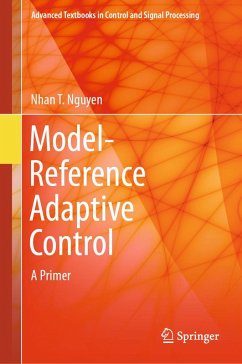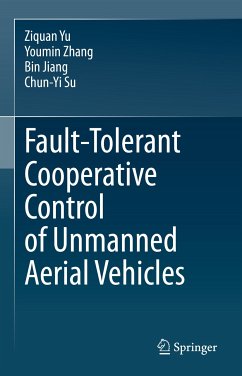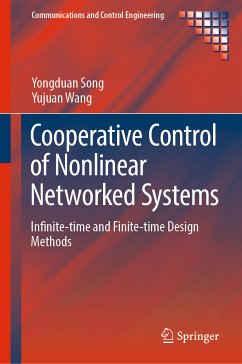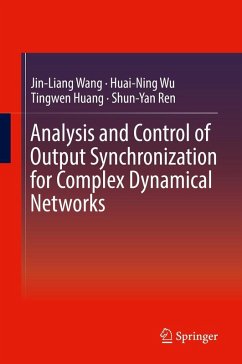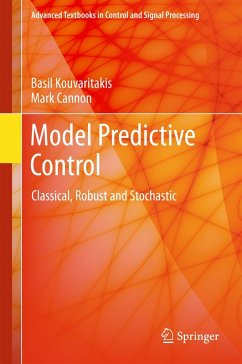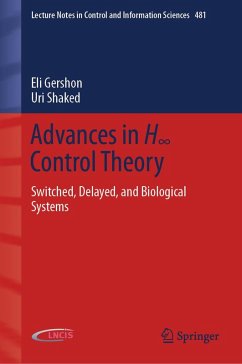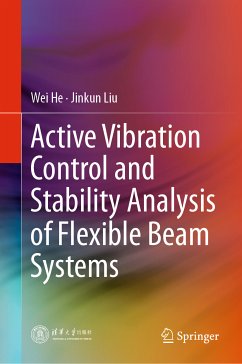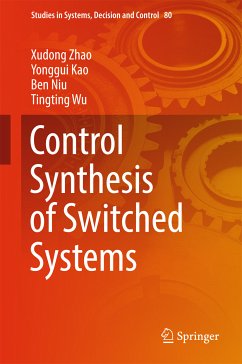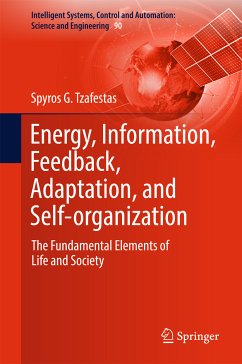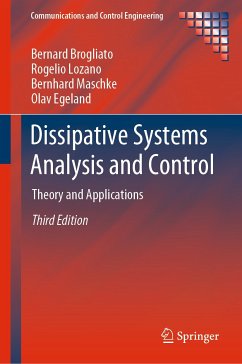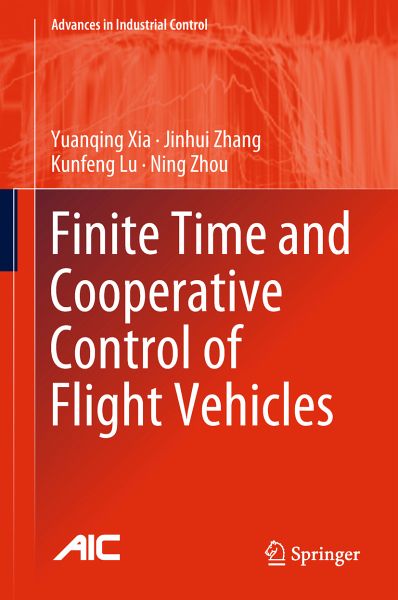
Finite Time and Cooperative Control of Flight Vehicles (eBook, PDF)
Versandkostenfrei!
Sofort per Download lieferbar
112,95 €
inkl. MwSt.
Weitere Ausgaben:

PAYBACK Punkte
56 °P sammeln!
This book focuses on the finite-time control of attitude stabilization, attitude tracking for individual spacecraft, and finite-time control of attitude synchronization. It discusses formation reconfiguration for multiple spacecraft in complex networks, and provides a new fast nonsingular terminal sliding mode surface (FNTSMS). Further, it presents newly designed controllers and several control laws to enhance the performance of spacecraft systems and meet related demands, such as strong disturbance rejection and high-precision control. As such, the book establishes a fundamental framework for...
This book focuses on the finite-time control of attitude stabilization, attitude tracking for individual spacecraft, and finite-time control of attitude synchronization. It discusses formation reconfiguration for multiple spacecraft in complex networks, and provides a new fast nonsingular terminal sliding mode surface (FNTSMS). Further, it presents newly designed controllers and several control laws to enhance the performance of spacecraft systems and meet related demands, such as strong disturbance rejection and high-precision control.
As such, the book establishes a fundamental framework for these topics, while also highlighting the importance of integrated analysis. It is a useful resource for all researchers and students who are interested in this field, as well as engineers whose work involves designing flight vehicles.
Dieser Download kann aus rechtlichen Gründen nur mit Rechnungsadresse in A, B, BG, CY, CZ, D, DK, EW, E, FIN, F, GR, HR, H, IRL, I, LT, L, LR, M, NL, PL, P, R, S, SLO, SK ausgeliefert werden.
Alle Preise in Euro und inkl. der gesetzl. MwSt. | Innerhalb Deutschlands liefern wir preisgebundene Bücher versandkostenfrei. Weitere Informationen: bitte hier klicken
Support
Bitte wähle dein Anliegen aus:
Rechnungen
Bestellstatus
Retourenschein
Storno



